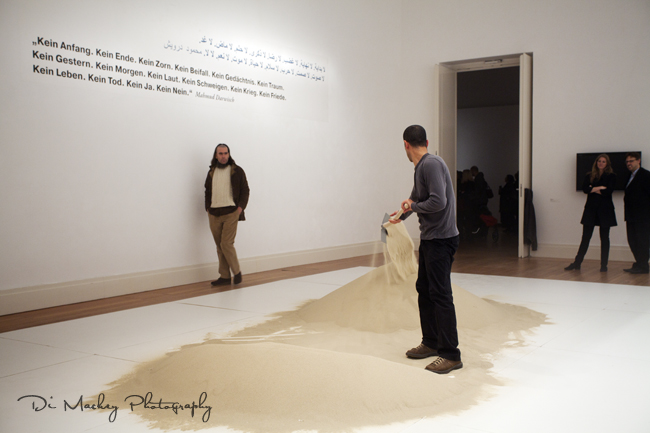I photographed Ziya Azazi performing in Berlin a few years ago. Today, caught up in following events in Turkey, I thought I saw him performing.
I went searching, wanting to put his beautiful work out into the world again.
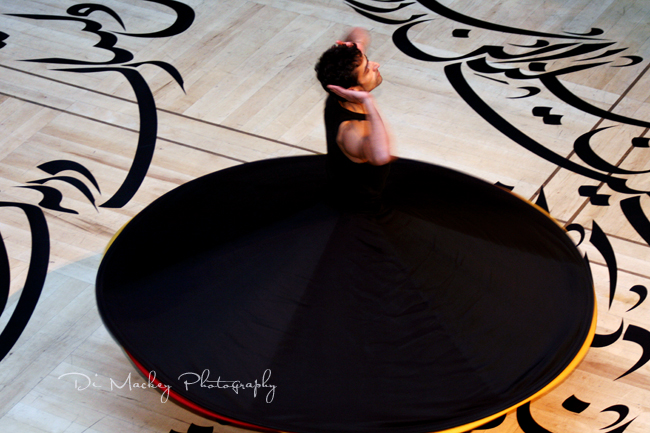
I photographed Ziya Azazi performing in Berlin a few years ago. Today, caught up in following events in Turkey, I thought I saw him performing.
I went searching, wanting to put his beautiful work out into the world again.

Etel Adnan was born in 1925 and raised in Beirut, Lebanon. Her mother was a Greek from Smyrna, her father, a high ranking Ottoman officer born in Damascus. In Lebanon, she was educated in French schools.
She studied philosophy at the Sorbonne, Paris. In January 1955 she went to the United States to pursue post-graduate studies in philosophy at U.C. Berkeley, and Harvard. From 1958 to 1972, she taught philosophy at Dominican College of San Rafael, California.
Based on her feelings of connection to, and solidarity with the Algerian war of independence, she began to resist the political implications of writing in French and shifted the focus of her creative expression to visual art. She became a painter. But it was with her participation in the poets’ movement against the war in Vietnam that she began to write poems and became, in her words, “an American poet”.
In 1972, she moved back to Beirut and worked as cultural editor for two daily newspapers—first for Al Safa, then for L’Orient le Jour. She stayed in Lebanon until 1976.
In 1977, her novel Sitt Marie-Rose was published in Paris, and won the “France-Pays Arabes” award. This novel has been translated into more than 10 languages, and was to have an immense influence, becoming a classic of War Literature. In 1977, Adnan re-established herself in California, making Sausalito her home, with frequent stays in Paris.
In the late seventies, she wrote texts for two documentaries made by Jocelyne Saab, on the civil war in Lebanon, which were shown on French television as well as in Europe and Japan.
Extract, the website of Etel Adnan
Searching for information about Etel Adnan also led me into an interesting world that left me wanting to stay and read a while. And there was another book too, Sea and Fog.
I took this photograph of her at the TASWIR Exhibition. I was off to one side, taking photographs while she was interviewed.
My camera was filled with interesting people during those months on the project.

My 3 days in Cairo were magnificent, occasionally disturbing ... an honour, a privilege, an experience.
This might be my favourite image from the working side of the trip.
The Cairo Notebook, present at every discussion, always a work in progress.
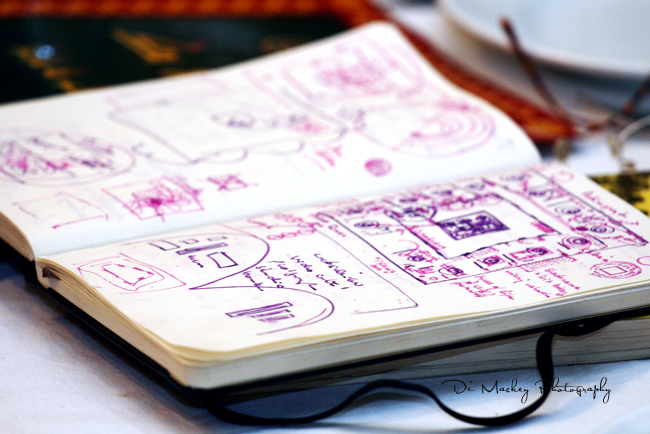
 Her photographic work is magnificent and I love her presence: her portraits are stunning, they expose intimacy, humor, and pensiveness; her photographs capture the space, the movement, human interaction deliciously, in a way that one feels invited to an event long after it disappeared from the public scene.
Her photographic work is magnificent and I love her presence: her portraits are stunning, they expose intimacy, humor, and pensiveness; her photographs capture the space, the movement, human interaction deliciously, in a way that one feels invited to an event long after it disappeared from the public scene.
In all her unobtrusiveness when working with the camera, Di is great fun to hang out with, the artists, scholars, thinkers, curators of our Berlin exhibition highly appreciated her, and when working together in Cairo, Istanbul, Berlin, or wherever else, I enjoy her kindness, humor, and delightful presence.
Shulamit Bruckstein, Curator, director of TASWIR projects / ha’atelier
Shulamit wrote this after a series of projects together and, in so many ways, lays out what I want to achieve as a documentary photographer.
I believe I need to be unobtrusive, invisible ... disappearing into the moment I have been asked to capture. At the same time I believe that there are going to be people I need to engage with. It's about building trust, if there's time. It's about being respectful - I want people to enjoy my work afterwards.
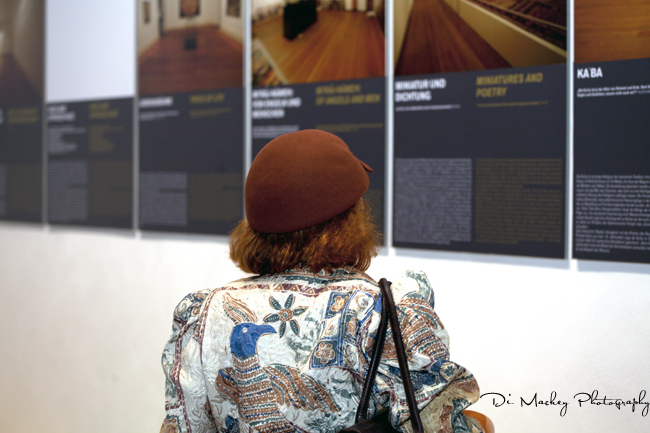 I prefer to wear dark clothes and quiet shoes. I carry cough drops and tissues. Nothing about me should stand out or distract people from the event. I don't make eye contact when I move around ... unless I need to or unless I find a 'favourite'. A favourite is someone who embodies something of atmosphere ... the event. And there is always someone.
I prefer to wear dark clothes and quiet shoes. I carry cough drops and tissues. Nothing about me should stand out or distract people from the event. I don't make eye contact when I move around ... unless I need to or unless I find a 'favourite'. A favourite is someone who embodies something of atmosphere ... the event. And there is always someone.
I love my flash. It's a Canon Speedlite 580EX II and over the years we've become good friends. I know how to twist and turn it, to bounce light and avoid shadows. I work with my favourite lens most of the time, a Canon EF 70-200mm 1:4L. Some people get hung up on the latest equipment but I simply love whatever works for me. This lens is my baby. Attached to my Canon 5D Mk II ... it's magic.
I prefer to zoom because it allows me to stand back, on the edges, while still getting up close and personal without people realising that it's all about them.
Documentary photography ... unobtrusiveness, respect, the building of trust, connections, communication. It's all of that and more. I love it.
I remember photographing the remarkable artist, Ali Kaaf.
It was 2009 and he was exhibiting in Taswir – Islamische Bildwelten und Moderne, Martin-Gropius-Bau, in Berlin, Germany.
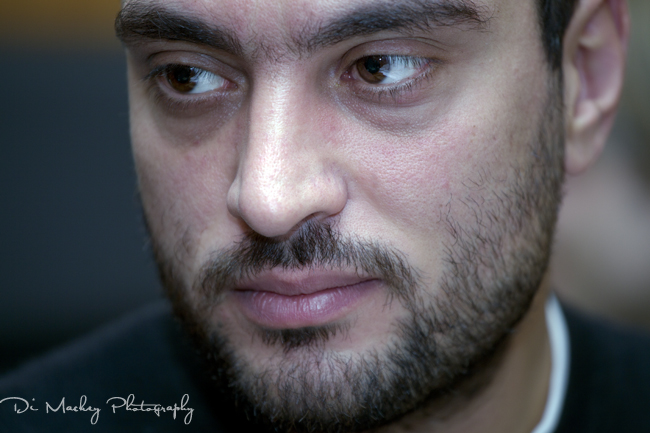
I was fortunate enough to photograph Taysir Batniji, in his"Voyage impossible" performance, in Berlin back in 2009.
Today he wrote, asking if he might use some of those images for an exhibition in France, in April this year. And it was so good to know that those photographs from that magical TASWIR Exhibition are still going out into the world.
Taswir - Univers iconographiques de l’Islam et modernité*, Martin-Gropius-Bau - Berlin, Germany
